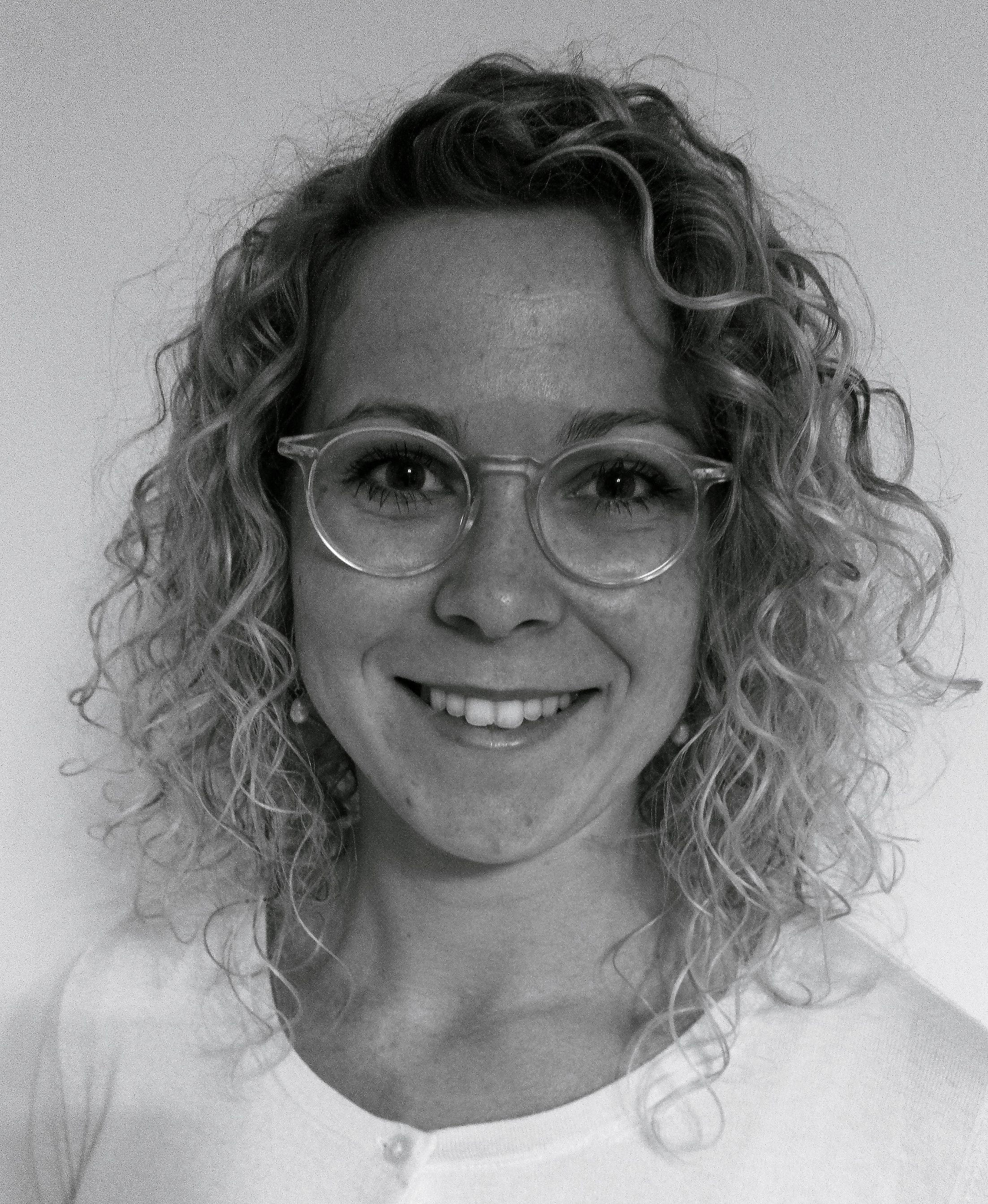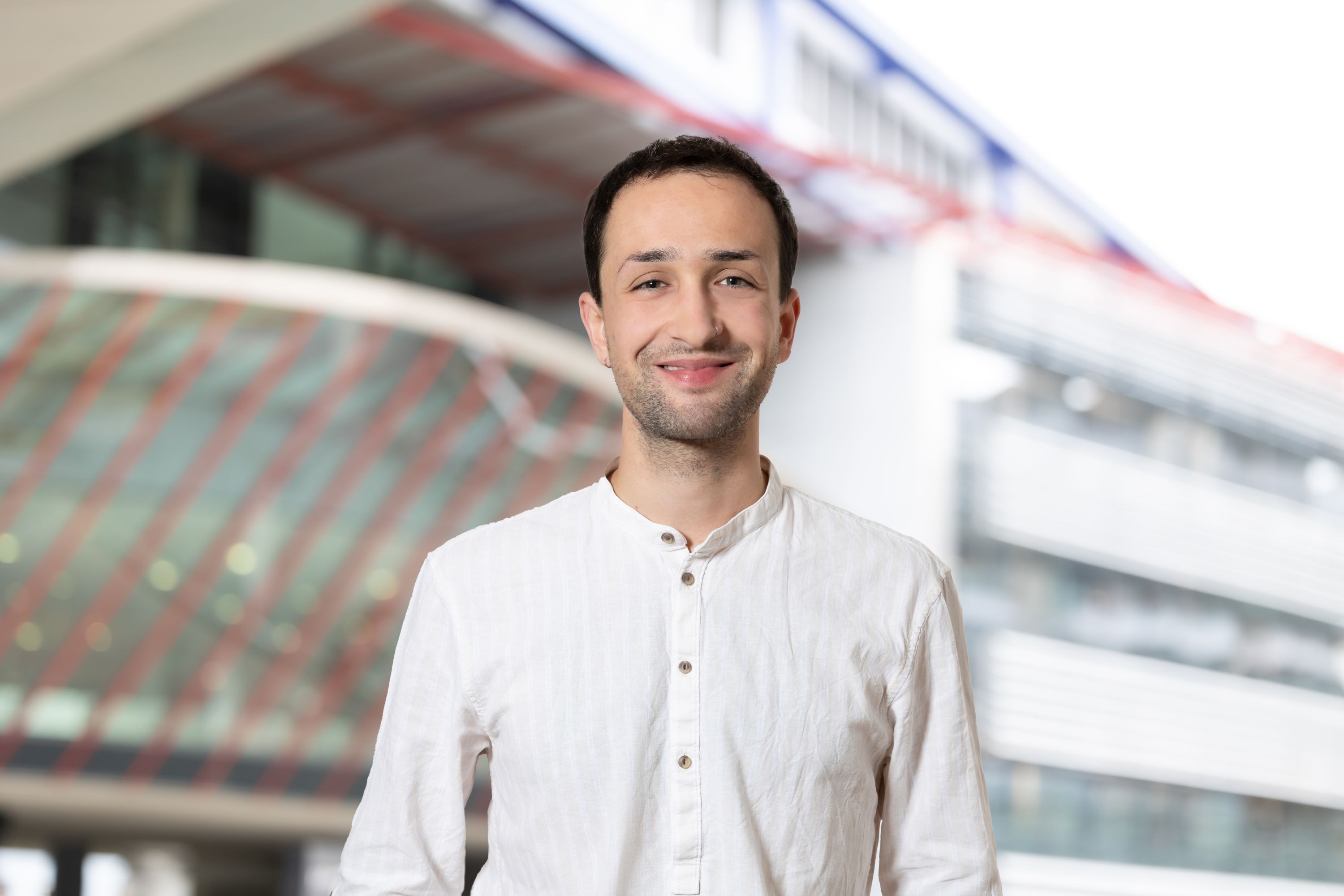Research and teaching assistants
Annika Ebert has been working as a postdoctoral researcher at the Department of Human Resource Management since January 2026. Prior to this, she was a research and teaching assistant at the Chair of Human Resource Management and Work Organisation at Friedrich-Alexander University Erlangen-Nuremberg, where she completed her doctoral studies in 2025. Annika Ebert studied business administration, business education and business psychology in Germany, France and Switzerland. She has presented her research at the Annual Meeting of the Academy of Management, the Career Conference of the Careers Division and the Conference of the European Association of Work and Organisational Psychology (EAWOP).
Together with a colleague from Macquarie University, Sydney, Annika Ebert organises the ‘Multiple Jobholding’ microcommunity in the Academy of Management.
Her current research interests lie in the areas of atypical employment, work motivation, work design and work-related learning in organisational contexts.
Lukas Georg Hartleb (he/him) has been working at the Department of Human Resource Management since June 2024. From February to April 2024, he completed an Erasmus+ internship in the field of gender equality policy at the Bundesforum Männer in Berlin. Prior to this, he worked at the Writing Center of the University of Graz as a writing peer tutor, project collaborator and freelancer from 2018. In the course of this, he was involved in a research project on collaborative writing by students and the organization of the European Writing Center Association Conference 2022. Since 2022, he has been giving writing didactic input in courses and leading writing workshops at the University of Graz.
Lukas Georg Hartleb completed his Master's degree in Interdisciplinary Gender Studies at the University of Graz in 2023. He also volunteered as a member of the student council (2020-2023). Before that, he completed his Master's degree in 2022 and his Bachelor's degree in Sociology in 2019, also at the University of Graz.
His current research interests include intercultural cooperation in organizations and caring masculinities in the context of companies.
More about Lukas Hartleb on the research portal of the University of Graz.

Mag. Dr.rer.soc.oec. Christian Hirt
+43 316 380 - 3648
Office hour (lecture period): Wednesday 9 - 10 a.m.
Dr. Christian Hirt has been a Senior Lecturer at the Institute for Human Resources Policy in the Department of Management and Human Resources since July 2010. After completing his diploma and doctoral studies in business administration at the University of Graz, he obtained his doctorate in 1996 on the topic of change trends in Japanese human resources management. His professional experience covers a wide range of activities, including as assistant to the management at Translingua (translation and interpreting agency) and Styrian Display GmbH (SDS), as co-founder and freelance employee of Green Gold Handels-GmbH and as coordinator for international relations as part of the "JET Japanese Exchange and Teaching Programme" in Kobayashi, Japan. From 2000, he worked as a contract assistant at the Institute of International Management before moving to the Institute of Human Resources Policy in 2010.
As part of his academic career, he has completed numerous research and teaching stays at renowned universities worldwide, including the National University of Galway (Ireland), the University of Sarajevo (Bosnia and Herzegovina), the University of Novi Sad (Serbia), the National and Kapodistrian University of Athens (Greece), Edinburgh Napier University (UK), Universidad Católica del Uruguay (Uruguay), Chungbuk National University (South Korea), the University of Hiroshima, Sophia University Tokyo and the Kyoto University of Advanced Science (KUAS) in Japan.
Since 2010, he has been the overall coordinator of the Erasmus+ programme and an Academic Advisor for incoming students at the Faculty of Social Sciences and Economics. In addition to his university teaching, he has taught at the FH Joanneum Graz, at the FH OÖ Steyr and on the Human Resource Management course at the Uni for Life in Graz, and has worked as a trainer in adult education with a focus on intercultural cooperation and communication at the bit-Management Training Centre Graz.
His scientific contributions include publications in international journals and participation in international research projects, such as the IMPALA project (South Africa), the "Austria-Japan Teacher Training Project" in cooperation with the University of Hiroshima and the OEAD project HU 07/2022 on human resource management during the COVID-19 pandemic in Austria and Hungary.
Christian Hirt's research focuses on strategic and international HR management as well as intercultural management, with a particular focus on South-Eastern Europe and Asia.
More about Christian Hirt on the research portal of the University of Graz.
Information will follow.
Dr. Josef Scheff has been working at the Institute for Human Resources Policy at the University of Graz since 2009. From 2006 to 2008 he was head of the Institute for Organisational and Human Resource Management. He has been a professor of business administration at the University of Graz since 2001. From 1998 to 2001, he was a member of two expert groups of the European Commission, where he acted in an advisory capacity for the European Commission. Since 1996, Josef Scheff has built up several companies in the consulting and management sector. He has successfully completed many research projects during his career. Josef Scheff's research interests include leadership and personnel management in public administration and policy-related organisations.
Further information about Josef Scheff in the research portal.



